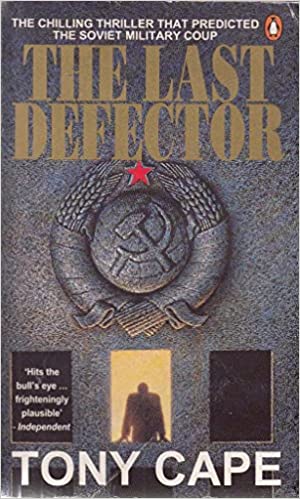
The chilling thriller that predicted the Soviet military coup; so says the front cover blurb. Not a bad strap line.
Though that line is a little post-hoc, given that The Last Defector was published in paperback after the military coup of August 1991. Cape did not predict the military coup, just a military coup. Bit picky on our part, after all precise prediction is too much to ask.
The Last Defector is a terrific follow-up to the excellent The Cambridge Theorem.

Our hero, with the very unflashy name of Derek Smailes, has moved on from the Cambridgeshire police force to what is in many ways his dream job.
He is working for MI5 as a security officer at the British Mission in New York.
What is more, he has got a gorgeous, younger girlfriend, who is a junior British diplomat. All would be peachy, if it were not for the fact that Derek finds himself uncovering what looks like a Soviet military plot to undermine the reformist Soviet president. Part of the job, perhaps, but when close colleagues begin to get bumped off, Derek Smailes is once again wondering who can and who can’t be trusted.
As noted in Russia in Fiction’s review of The Cambridge Theorem, Smailes is all that such a British hero should be —maverick (of course), dogged (naturally), and very smart (inevitably). Being British, he is also sometimes a little unsure of himself; usually because he is an ex-small town cop mixing in diplomatic and intelligence circles populated by former public school pupils, of which his girlfriend Clea is one.
The titular ‘last defector’ is a Soviet diplomat, recruited by Smailes much to the jealous annoyance of more senior colleagues and of operatives from the UK’s foreign intelligence agency, MI6, to whom such a role would normally fall. You see, Smailes is a maverick.
The Russia angle, as with The Cambridge Theorem, is played out in brief episodes set in Moscow, and on the ground in New York where Soviet agents do their stuff. The Last Defector is set in that time beloved of many thriller writers, the very near future. In other words, we are to assume that it is ‘now’ —as in, the time of publication— but for the fact that there is usually a different set of political leaders in place.
In the Soviet Union, we have Gorbachev’s successor, Nikolai Sergeyevich Rostov, who is head of the Socialist (not the Communist) Party. ‘Rostov’ is, for some reason, a not uncommon choice for the name of fictional Russian leaders; Ted Bell’s Tsar likewise has a President Rostov.
The premise that the Communist Party would morph into the Socialist Party was not unreasonable for 1991. The reform process in Eastern Europe and the USSR had led to the almost complete discrediting of communism as an ideology, and an imagined successor to Gorbachev may well have decided, had the Soviet Union not collapsed, to junk that particular brand and proceed along a more acceptable socialist track.
The premise was also not unreasonable that a cabal of military and security men, bewildered and embittered by the reform process, would plan a coup. After all, they did exactly that in August 1991.
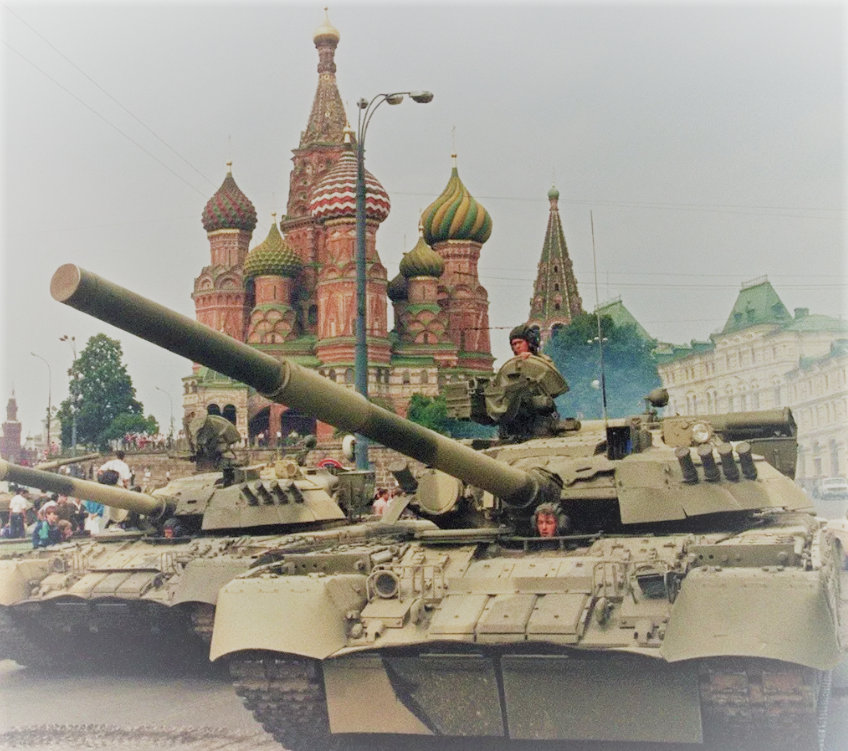
Cape’s knowledge of the situation in Russia at the time is shown by his detailed account of the military’s grievances, as they complain bitterly about force cuts, withdrawal from Eastern Europe, and lack of housing for military men (pp. 61-62). Cleverly though, Cape also allows the possibility —touted by a number of conspiracy theorists after the August 1991 coup attempt in the Soviet Union— that the president himself encouraged, or even organised, the coup in order to smoke out and destroy his enemies.
Showing impressive foresight of what was to come to Russia, Tony Cape has these hardline Soviet officers revering not Lenin or Marx, but the great Russian generals of the past, such as Suvorov, and Kutuzov. And Minin and Pozharsky (pp. 59-60).
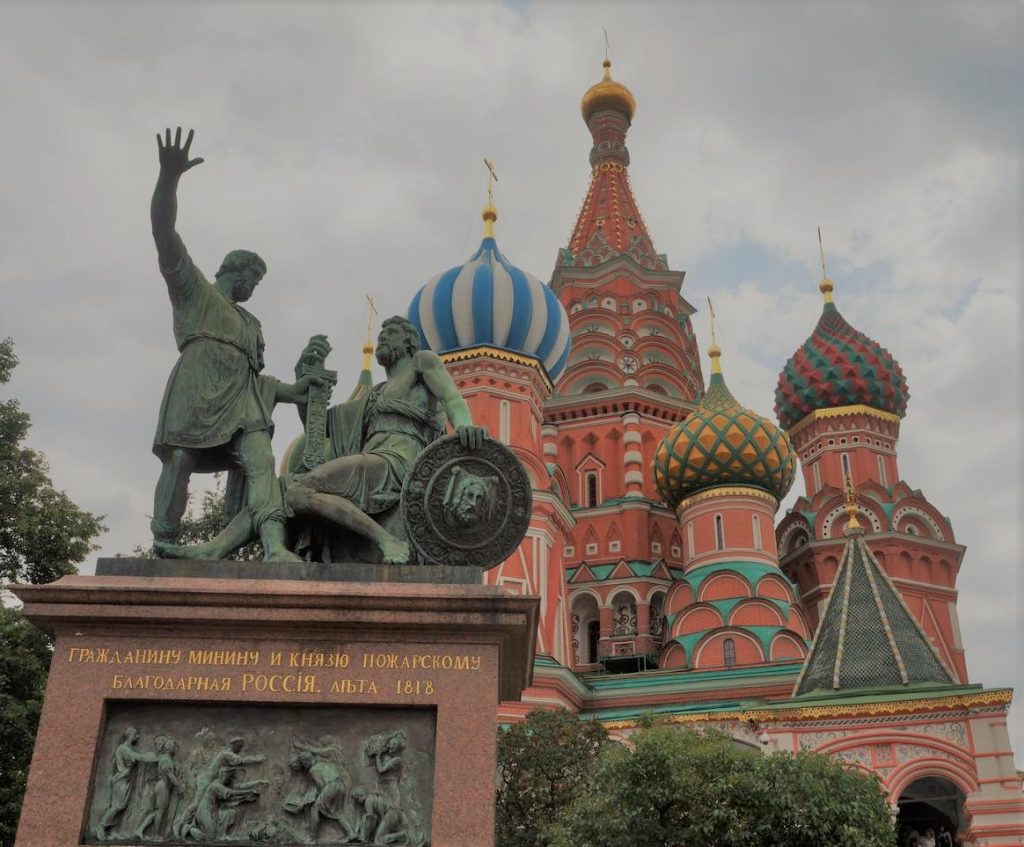
What is fascinating about this is that less than a decade after The Last Defector was published, Vladimir Putin was Russia’s new president, and he made a speech lauding Suvorov and Kutuzov . And even more, within another five years Putin’s Russia had established a new national holiday, to replace the old Communist Revolution Day; and that day celebrated the exploits of Minin and Pozharsky.
Cape also provides a paragraph which sums up very well the feelings of a certain sort of conservative patriotic Russian as the Soviet system teetered on the edge of collapse. I lived in Moscow for a while in these years, and I certainly recognise the complaint that American culture
… is spiritually destitute, yet we offer up our heritage in exchange for a handful of electronic trinkets and hamburger restaurants in Red Square. What has glasnost brought us, now that Solzhenitsyn and Brodsky can be read in their own language? Our people clamor for books by this woman Collins, and this man Clancy! Isn’t it time we said ‘Enough’?
THe Last Defector, p. 232
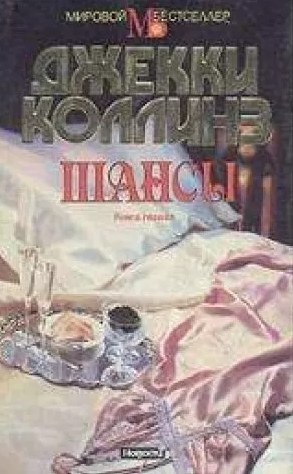
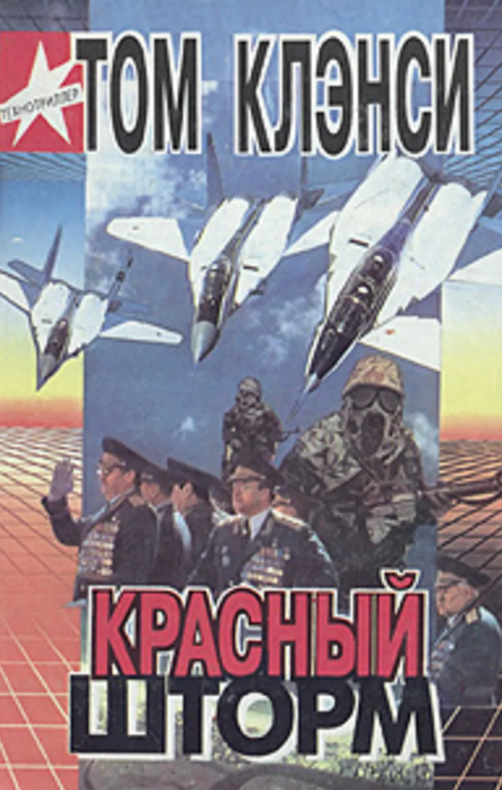
In The Last Defector, the Russian conservatives’ plot is thickened by the fact that an unholy alliance exists between these elements and conservative elements in the West who feel that an end to the Cold War would not be in their commercial interest.
Tony Cape’s late Soviet / early post-Soviet tetralogy is a forgotten gem in the Russia-in-fiction canon, and The Last Defector is one of the better ‘end of the Soviet era’ thrillers around.